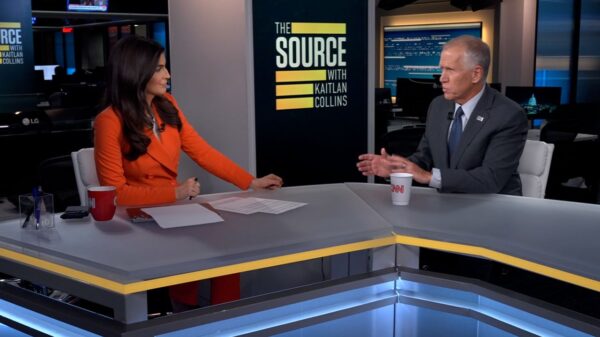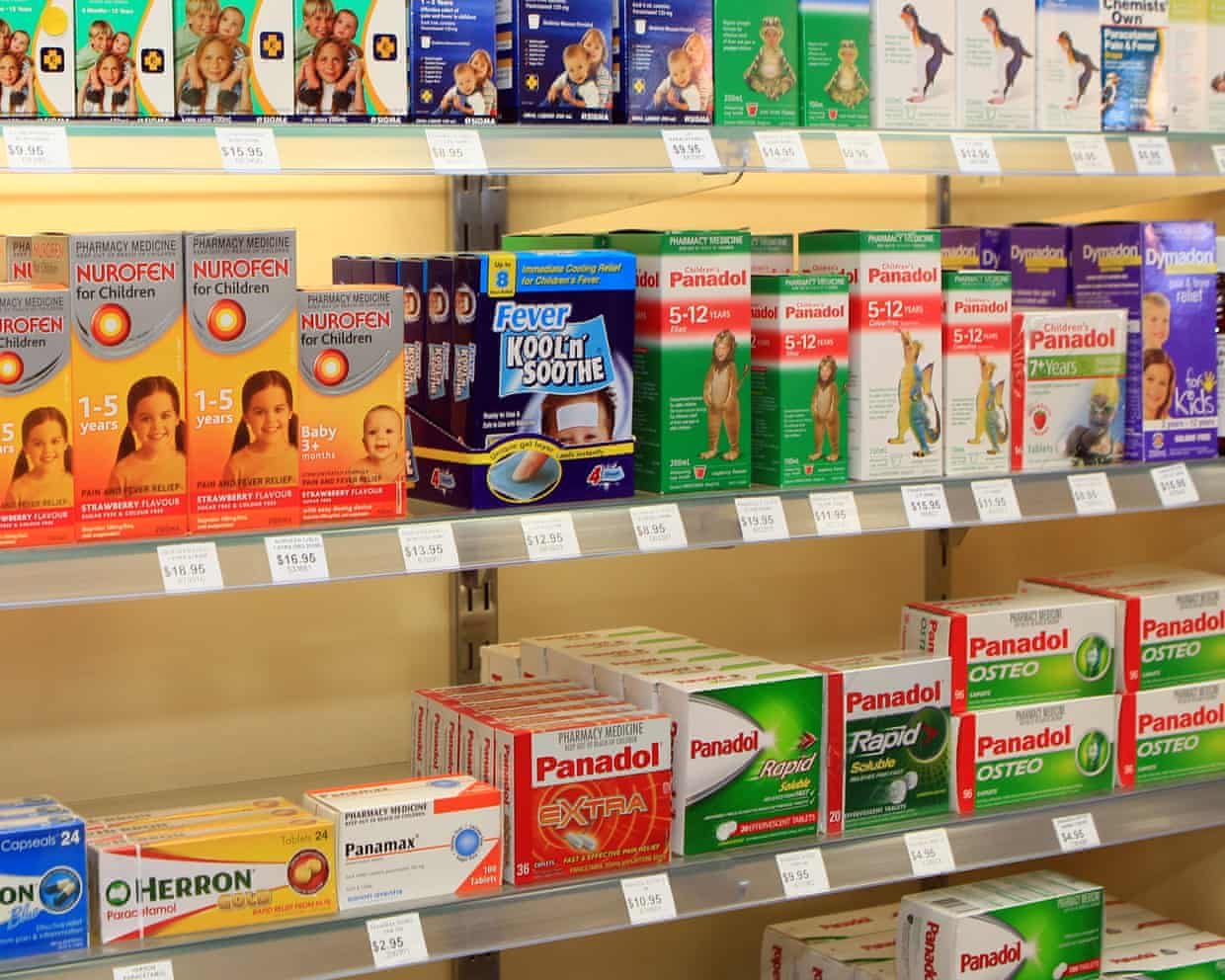UPDATE: In a powerful plea, Australian pediatrician Dr. Mike Freelander is urging parents to rely on scientific evidence when making healthcare decisions for their children, especially concerning autism. With diagnoses of autism on the rise, Dr. Freelander’s statements come in response to alarming comments made by U.S. President Donald Trump regarding a potential link between paracetamol usage during pregnancy and autism.
Dr. Freelander, who has treated over 200,000 patients during his nearly 40 years in medicine, emphasizes that the causation of autism remains a complex issue. “There are many reasons for this increase in diagnoses,” he states. “However, we must be cautious of discredited claims that can lead to significant distress and poor health outcomes.”
The pediatrician particularly targets the misleading assertions propagated by figures like Robert F. Kennedy Jr., which falsely link autism to the MMR vaccine. “These claims have been repeatedly disproven,” Dr. Freelander warns. He highlights the necessity of relying on established scientific research rather than unverified opinions, especially as misinformation spreads.
The recent comments from President Trump about paracetamol are especially troubling. “There is no evidence of causation from any study I have seen,” Dr. Freelander asserts, referencing comprehensive research from both Sweden and Japan that disproves such claims. He stresses that paracetamol, classified as safe by global medicine regulators, is vital for managing pain during pregnancy.
Authorities, including Australia’s Therapeutic Goods Administration (TGA), have conducted rigorous assessments and confirmed that paracetamol is safe for pregnant women. “We should trust our regulatory framework,” Dr. Freelander urges, underscoring the importance of scientific evidence in healthcare decisions.
Dr. Freelander also addresses the emotional toll that misinformation can exert on families. He notes that discussions surrounding autism and its causative factors can lead to undue anxiety for parents. “We need to rely on experts and scientific evidence to alleviate these concerns,” he states.
As the debate intensifies, it’s crucial for parents to seek information from credible sources and health professionals. Dr. Freelander’s urgent message serves as a reminder of the importance of evidence-based medicine amidst a landscape rife with misinformation.
With autism diagnoses continuing to rise, the conversation around the disorder and its management is more critical than ever. Parents are advised to engage with trusted medical professionals and stay informed through reliable channels.
Next Steps: Experts recommend that families remain vigilant and seek guidance from pediatricians and other healthcare providers to navigate the complexities of autism and its treatment. The ongoing dialogue about autism and related health policies underscores the need for clarity and factual information in public discourse.
In Australia, the healthcare community stands firm in its commitment to evidence-based practices, urging parents to prioritize scientifically validated information over sensationalized claims. The stakes are too high for families to be misled by unfounded assertions.





































































